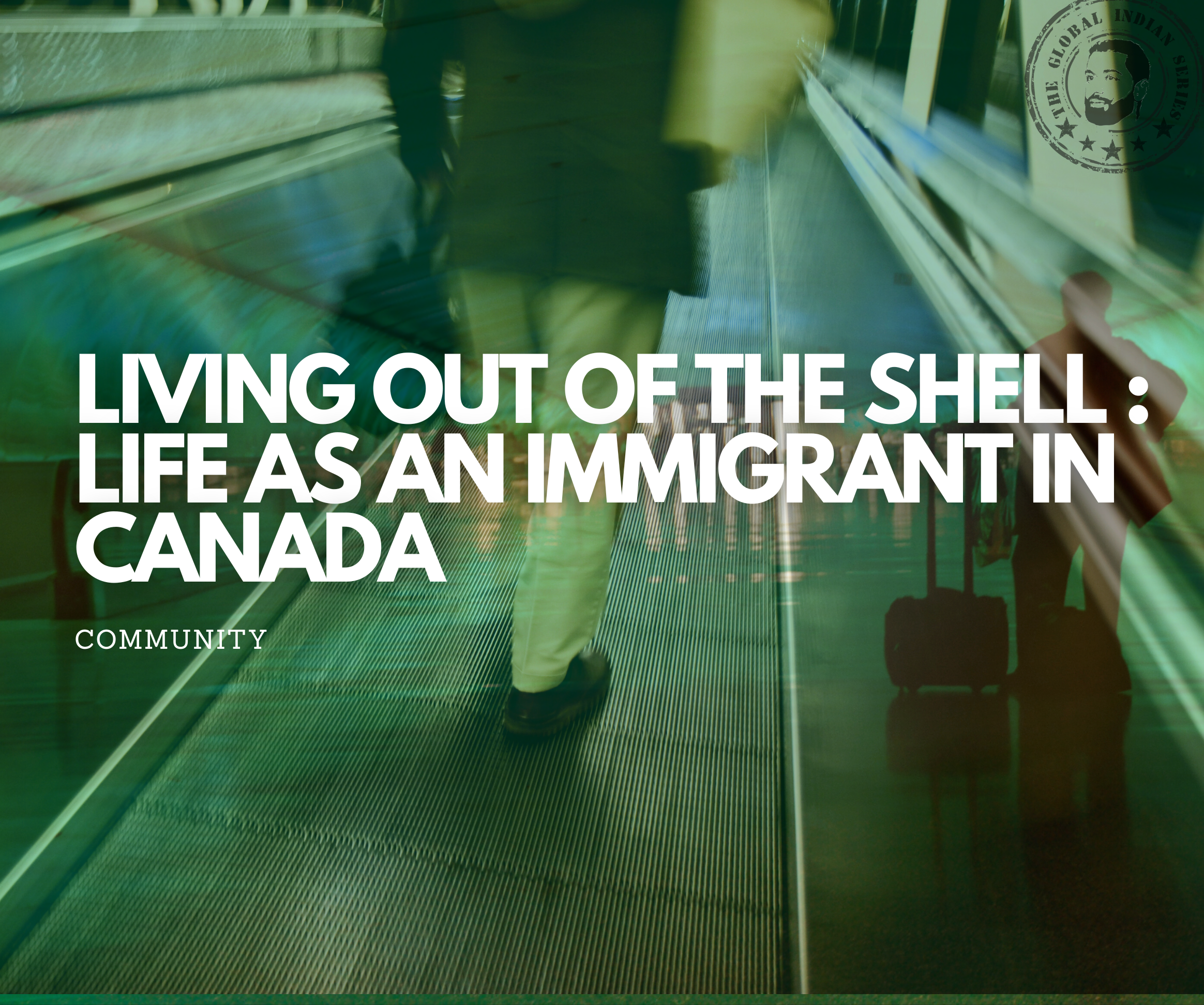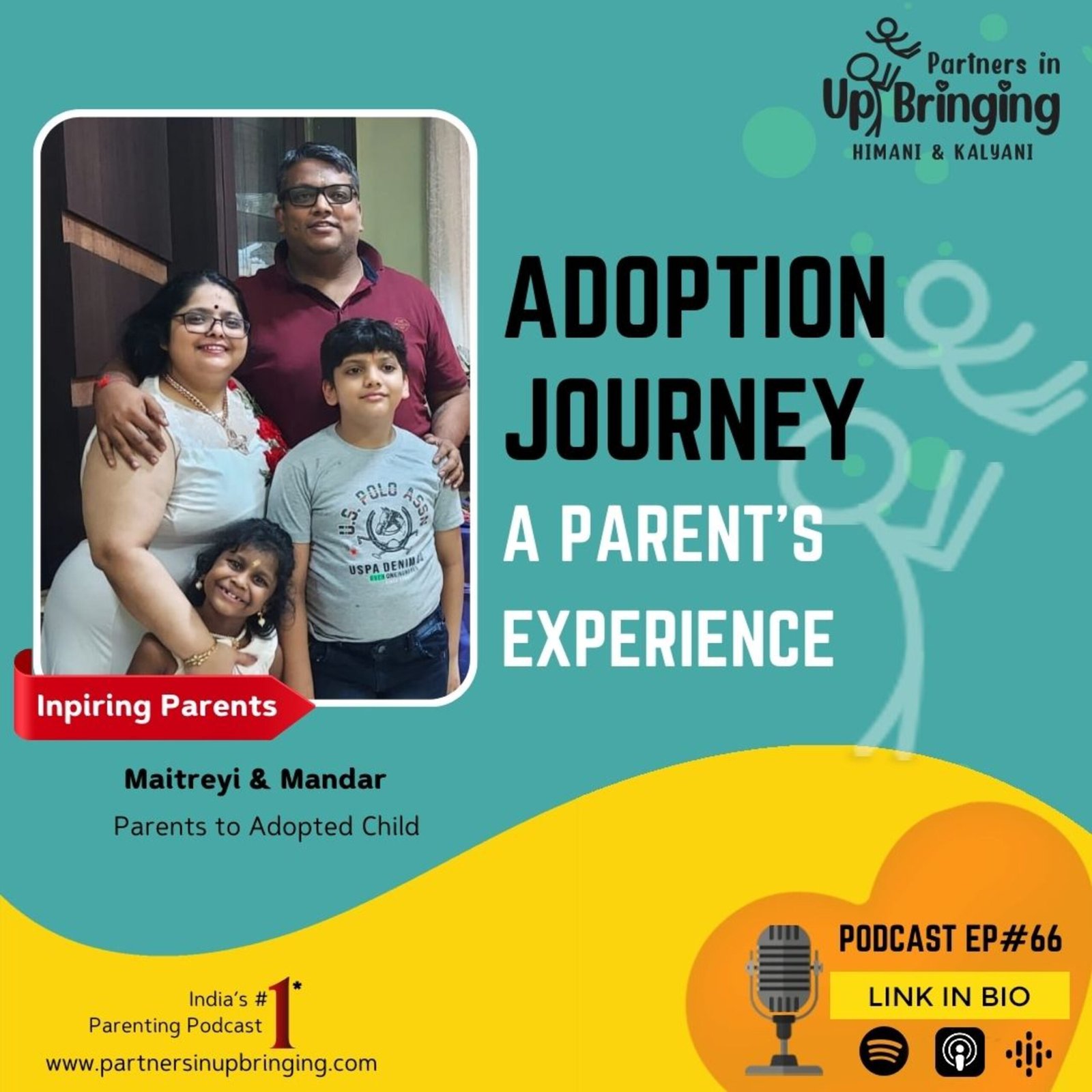Living out of the shell: Life as an Immigrant in Canada — It is no cakewalk for immigrants from India, says GURMUKH SINGH, especially if they are mid-career professionals
When I relocated permanently to Canada in 2006, I had no professional reasons to move out of India. Things just happened. One thing led to another.
Actually, three years before moving to Canada, I had finished a diaspora project related to the Sikh community. That book project took me to many parts of the world—Europe, North America, South-East Asia and Down Under. I developed wanderlust.
Having stayed repeatedly in the US and Canada during that project, I started thinking about moving out there permanently. In fact, when the Times of India started its Chandigarh edition in 2001, I was asked by my editor, Dileep Padgaonkar, to move from Delhi to Chandigarh. But I said
no because I had made up my mind to relocate to Canada.
As it often happens with Punjabis, I too was bitten by the ‘phoren bug’. I thought things would somehow work out for me professionally if I relocated to Canada.
But once in Canada, I was soon regretting my decision as there was no professional satisfaction in the kind of work I got. I was writing small pieces for some local desi papers. They were—and still are—very bad paymasters. Dealing with them was such a horrible experience. I used to curse myself daily: “Oh, man! Why have you landed in this mess?”
The worst part was that I had lost my network of enlightened friends in India. Sure, I tried forging new friendships in Vancouver and Toronto, but these were no replacements for the kind of long-term friends I had left in India.
In Delhi, I enjoyed going out regularly to various places—the Press Club and friends’ homes—for drinks and dinner. Then there were regular assignments out of Delhi, taking me to different parts of India and even out of India. I loved socialising wherever I went in India because the TOI had its offices and correspondents in most places.
But in Canada my social life came to a standstill. There were not many places to go to except for sightseeing. But I had been to most of these sightseeing places during my visits to Canada.
The weather in Canada—it was February and mounds of snow everywhere in Toronto—added to my woes. Frankly, I felt very miserable. There was no job to go to, no friends, nothing.
Canada now held no fascination for me. The reality had hit home. I started harbouring thoughts of moving back to India. In terms of career, it was such a climbdown for me. I wish I had been forewarned.
What I went through in those days was shared by many other immigrants from India. Unlike today when students account for the bulk of immigration from India, back then most Indian immigrants were young professionals in their thirties and forties. They had to start from scratch—take new courses, upgrade their skills, get Canadian experience and then compete for jobs.
In the process, the majority of immigrants lost many years of their lives—and all savings—in restarting their careers. I heard so many horror stories. I remember many people moving back to India after losing their money. There was one South Indian family that had accumulated a lot of money while employed in the Gulf. Rather than going back to India, that family had made the mistake of coming to Canada. In three to four years, they spent most of their savings trying to qualify for skilled jobs. The man became bed-ridden because of the stress and the poor wife did odd jobs to survive. There were so many such stories about new immigrants.
Initially, I half-heartedly approached some news organisations for jobs. Some said they had no spots, others wanted me to start at the very bottom. Which was the most wrenching part of my painful experience as a new immigrant!
Luckily, within months I was hired by IANS (India Abroad News Service) as their Toronto-based Canada correspondent. And my professional life was back on the rails. I could now boast of being a foreign correspondent! The new job helped me forge connections in the Indo-Canadian community at large. I got to connect with many people in the mainstream media. When I approached the main Canadian daily—The Globe and Mail—to write freelance pieces for them, they readily agreed. I wrote many pieces for them and my cheques came in quickly.
Casting my net wider, I reached out to other media outlets too—the Canadian Broadcasting Corporation, the Toronto Sun and the National Post. I wrote for all of them for some time till the digital onslaught hit them hard. With things now going so well, I started feeling that after all moving to Canada had been worthwhile.
My relocation to Canada also opened up new horizons for me. Alongside New York and Los Angeles, Toronto is a big entertainment centre in North America. And the Toronto International Film Festival (TIFF) is the second major movie event in the world after Cannes. If you are a movie
fiend, you have to be in this city. The place has a throbbing cultural life. Night trips to the Entertainment District in the heart of the city are an exhilarating experience. I won’t swap this place for any other city. Toronto grows on you.
Since my arrival here more than 15 years ago, the Indian population of the Greater Toronto Area (GTA) has grown hugely. We have become the most visible minority here and across Canada. The majority of people who work at Walmart superstores, Tim Hortons, and restaurants today are Indians. Indian restaurants outnumber others by a big margin. Because of the huge growth of the community, today’s new Indian immigrants don’t go through what we had to face back then.
Moreover, most new immigrants today are young Indian students unlike the middle-aged professionals of the past. The rest of the new immigrants today are family class—parents and grandparents who come to live with their children. Still, a new place always has its challenges because relocations are never easy. Happily, many leaders in the fast-growing Indo-Canadian community are urging it to follow the Jewish
model of helping fellow Jewish immigrants. That’s why gurdwaras, temples and community organisations are helping new immigrants, including students, to settle in the new society.
From personal experience, I wish the authorities at the Canadian High Commission in India or the Indian Ministry of External Affairs would put in place some crash mentorship programmes for new immigrants leaving for Canada. If these people are taught dos and don’ts about the
new country, their life will be a lot easier in Canada.
The Indian Consul General in Toronto has started one such initiative where the newly arrived students are made aware about the so-called rules of engagement in Canada.
To conclude, if any professional in his/her thirties and forties wants to move to Canada, he/she must think hard before taking the plunge. Life will be tough. Jobs are hard to come by. Canada is a very expensive place where owning a house in the Greater Toronto Area or Vancouver today is simply impossible because of the costs.
The writer is a senior Canada-based journalist
@gurmukhsingh
Media house: PRAVASI INDIANS
Link to original article: https://pravasindians.com/hard-choices-harsh-realities/
Notes: apart from title change, the article has remained the same.
-------------------------------










